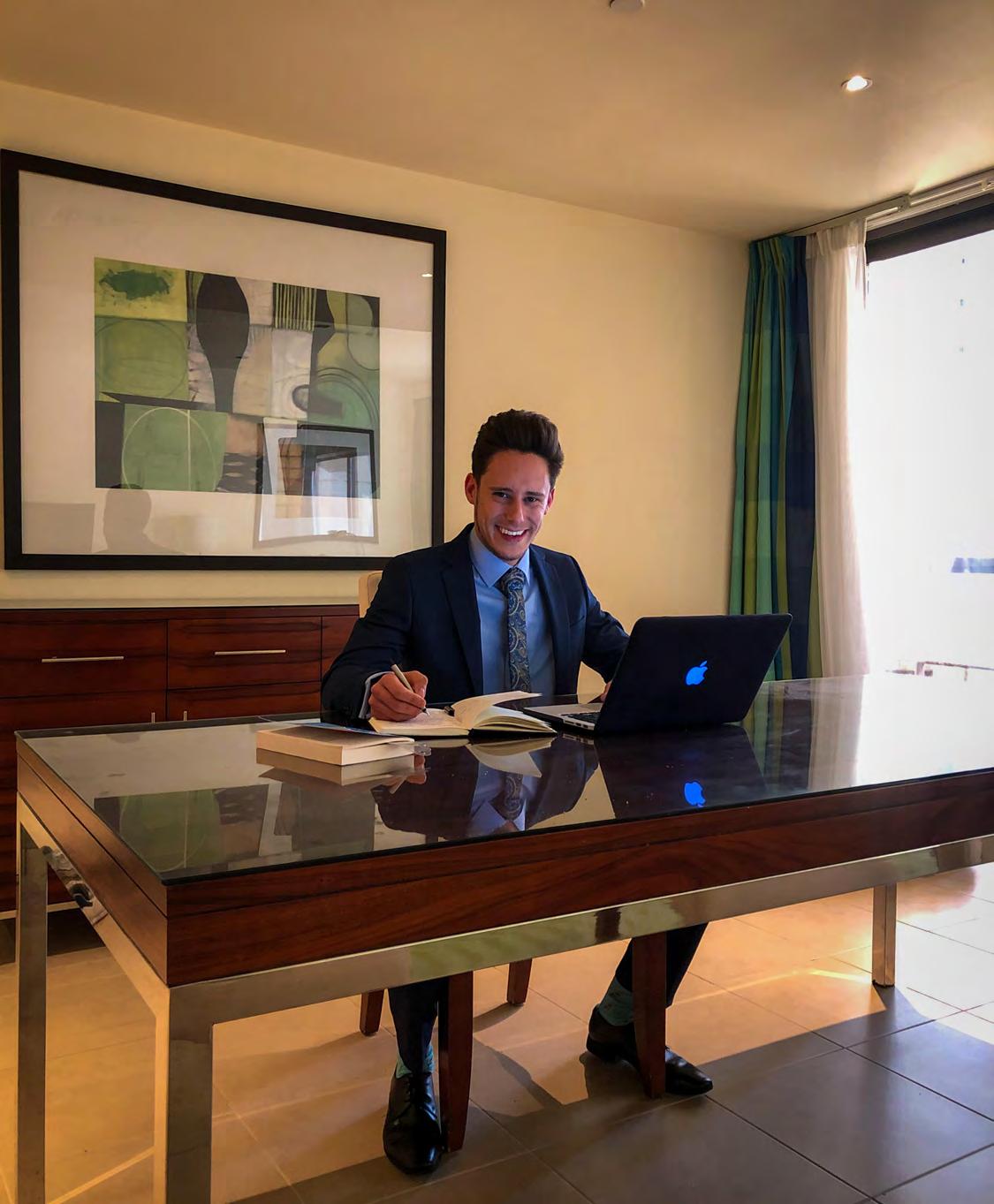
3 minute read
Finding your mojo
by CMI_
Words_Simon Caulkin
In a “no-distance” world, many leading companies are solving problems at the speed of the market
The phrase may seem tactless when they’re fighting for their lives, but for many companies the COVID crisis really is an existential opportunity. It’s the ideal moment to go back to ground zero, as Peter Drucker regularly advised, and ask yourself: “If we were starting from scratch, is this how we would do it?”
Of course, such a reboot involves risk – but, to be blunt, no more than hanging on in the hope of business resuming as normal. It won’t. And the reward for getting it right is concomitantly high. It was almost shocking at the recent Drucker Forum, held online this time around, to hear companies as varied as GE Appliances, Michelin and Handelsbanken declare, in essence, ‘Crisis? What crisis?’
GE Appliances reported experiencing a “phenomenal response” to changing conditions, with employees solving problems “at the speed of the market”. What’s more, 2020 was panning out as “the best ever year in our history”, according to CEO Kevin Nolan. “I don’t think I’ve ever seen a brighter future ahead of us.”
Venerable tyre giant Michelin, in the middle of a surge of self-generated change, was doing “fantastically well” at its COVID-refreshed version of sustainability – protecting its associates, customers and cash. Under pressure from below, “I see my job as sucking stress out of the front line and putting energy back in,” said CEO Florent Menegaux.
Handelsbanken had no need to adjust anything much when COVID struck. Being highly decentralised, each branch a mini business responsible for its own customers, credit decisions, profits and balance sheet, it got on with doing good business as usual, with results, if anything, better than ever.
As Gary Hamel commented, organisations like this are inherently more resilient than the norm because their people don’t have to wait to be told what to do. And this is what they and other congenitally nimble organisations such as Buurtzorg and Nucor have in common: they get that in today’s “no-distance world”, in the phrase of GE Appliances’s Nolan, any intermediary between the boss (ie, the customer) and the front line is one too many.
This is why Handelsbanken, for instance, doesn’t do distractions such as targets or budgets, and why Dutch healthcare provider Buurtzorg has the same five-person HQ to run its 12,000-strong organisation as it did on launch in 2006.
But companies shouldn’t need examples such as these to convince them to change; they need look no further than the experience of their employees working from home. In many cases, people are more productive and work longer in their own homes. They’ve discovered that working in an office under management direction not only adds no value – it subtracts it, perfectly illustrating Drucker’s observation that too much management as conventionally practised consists of preventing people from working.
Alas, instead of taking the implications to heart, too many managers have swiftly reverted to their default setting of control. Witness the soaring demand for software and apps that can be used to monitor people’s remote work behaviour.
But real transformation isn’t about digital services; it’s about finding new and better ways of fulfilling your purpose. For a bravura piece of defiance in the year of COVID, consider the Salzburg Festival in Austria. With the curtain falling on cultural events and venues, Salzburg decided – after fierce internal debates – to go ahead with its 100th anniversary event in June. This decision involved: reimbursing 180,000 previously sold tickets; selling 76,000 new ones for a completely redesigned programme; rewriting the social-distancing handbook for large events; and dramatically compressing artistic rehearsal.
The result of this courage, according to president Helga Rabl-Stadler? “A sold-out festival, a giant step forward in terms of digitisation, and a thousand good ideas on how to offer our greatest asset, regular customers from 80 countries around the world, faster and even better service.”
To which one can only say: encore.










